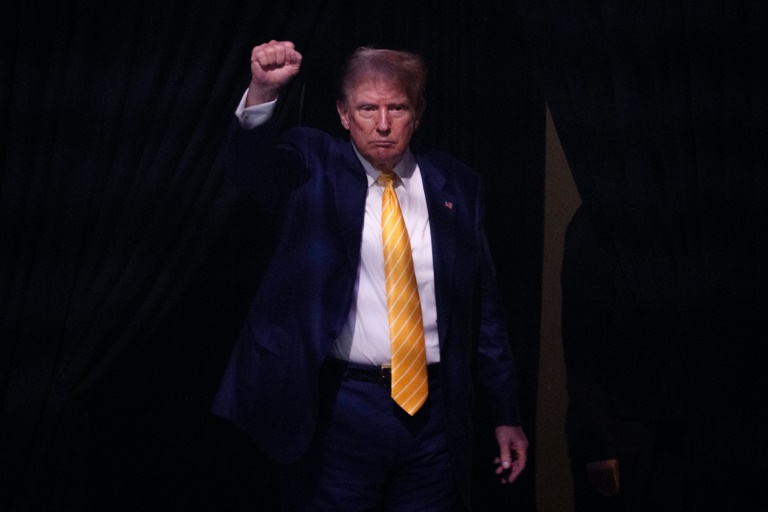A federal judge overseeing the classified documents case against former President Donald Trump is expected to hear arguments Friday over a motion questioning the legality of appointment of Special Counsel Jack Smith, who brought the charges.
The hearing marks the start of a three-day session, with proceedings continuing into next week, according to Associated Press.
It is expected to cause further delays to the trial, which was initially set for last month but has been delayed by various unresolved legal issues.
Among the defense’s challenges is the claim that Smith’s appointment and funding by the Justice Department were improper, a motion that has thus far been unsuccessful.
Special Counsel Jack Smith’s team aims to advance a prosecution that many legal experts view as straightforward compared to the other three cases against Trump. However, Friday’s session before U.S. District Judge Aileen Cannon will focus on the legality of Smith’s appointment rather than the substance of the charges.
Judge Cannon, appointed by Trump, had already drawn criticism from prosecutors before the June 2023 indictment by approving Trump’s request for an independent review of the classified documents seized from Mar-a-Lago. This order was later overturned by a federal appeals panel.
Cannon has also faced scrutiny for her management of the case, including delays in issuing rulings and scheduling hearings on questionable claims. These decisions have made it unlikely that the trial will occur before the November presidential election.
In March, prosecutors rebuked her for requesting both sides to draft jury instructions and respond to a premise they deemed fundamentally flawed.
The delays in the trial come amid New York Times report that two judges, including the chief federal judge in the Southern District of Florida, had urged Cannon to recuse herself from the case. But she reportedly wanted to keep the case and refused the judges’ suggestion.
Central to Friday’s hearing is the defense’s argument that Smith’s appointment by Attorney General Merrick Garland in November 2022 was illegal because it lacked Congressional approval. Smith’s team counters that Garland had the authority to appoint him and delegate prosecutorial decisions. Previous special counsel appointments, such as that of Robert Mueller, have been upheld by courts.
Meanwhile, the Supreme Court is also set to decide whether Trump can be prosecuted by Smith’s team for actions he took while in office, including allegedly scheming to overturn the 2020 election results.







